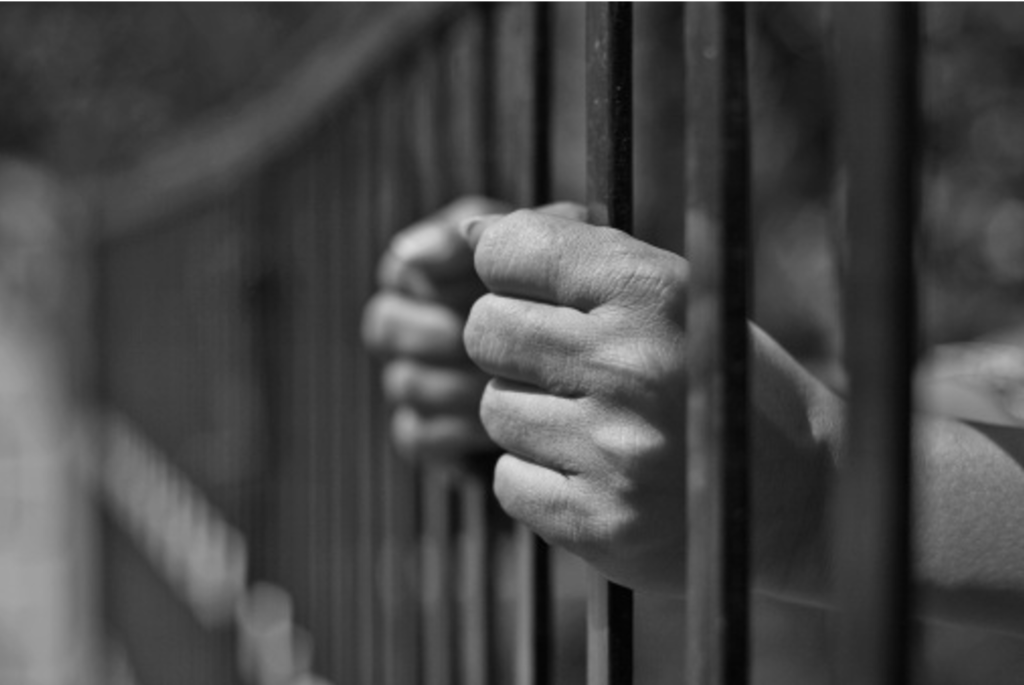
By Chloe Clifford, Staff Writer
The death penalty is a heavily debated topic in the United States.[1][2] The federal death penalty was once found unconstitutional in Furman v. Georgia in 1972. [3] It was reinstated in 1988 for a narrow class of crimes and, with the Federal Death Penalty Act of 1994, expanded to sixty offenses.[4]
The death penalty has become rarer in the modern era with sixteen federal executions being carried out in the modern era, thirteen of those occurring between July 2020 and January 2021.[5] Even with the decrease of federal executions occurring, the death penalty has remained a heated topic and a frequent topic for Supreme Court cases.[6]
There are three cases before the Supreme Court of the United States for the 2021-2022 term regarding the death penalty,[7] United States v. Tsarnaev, Shinn v. Ramirez, and Ramirez v. Collier. [8]
United States v. Tsarnaev, is an appeal from the U.S Court of Appeals for the First Circuit, regarding the sentencing of Dzhokhar Tsarnaev, one of the brothers responsible for the Boston Marathon bombing.[9] This case has been granted certiorari to determine if the circuit court erred in vacating the death sentence as a result of the district court’s failure to ask prospective jurors for specifics regarding the media coverage they had been exposed to pre-trial and for the court’s exclusion of evidence that Tsarnaev’s brother, Tamerlan Dzhokhar, had been involved in different crimes two years prior to the bombing. [10]
Shinn v. Ramirez is an appeal from the Ninth Circuit, regarding the death sentence of David Ramirez who was convicted of murdering his girlfriend and her daughter in 1989.[11] Ramirez’s case has been through the court system on numerous occasions. First, with Ramirez challenging the trial court’s assessment of aggravating and mitigating circumstances in sentencing him with the death penalty, for which the Supreme Court denied certiorari. [12]
Ramirez then filed for post-conviction relief in Arizona State court asserting various claims.[13] His petition was denied for review until the federal district court allowed Ramirez to amend his petition to add a claim for ineffective assistance of counsel. The court did substitute Ramirez’s counsel, but ultimately found that the claim defaulted procedurally as Ramirez did not raise the claim earlier.[14]
While Ramirez’s case was pending before the Ninth Circuit, the Supreme Court ruled on Martinez v. Ryan. They found that a federal court cannot consider evidence when reviewing claims for habeas relief if a prisoner or his attorney did not make the claims in state court. However, they found that a procedural default will not bar a substantial claim of ineffective assistance at trial if the counsel was not ineffective at the initial hearing. [15]
The holding in Martinez allowed Ramirez’s case to go back through the federal court system up to the current case before the Supreme Court. The Court must now determine if the Martinez decision renders the Antiterrorism and Effective Death Penalty Act inapplicable federal court’s review of habeas relief claims.[16]
Ramirez v. Collier is pending before the Supreme Court to address conflicting state laws regarding what extent spiritual advisors may be present and involved in the execution chamber. [17]
In 2019, the Supreme Court upheld an Alabama decision to refuse an imam from being present at the execution of a Muslim man, while allowing Christian chaplains to be present.[18] An imam is the officiating leader of a Muslim Mosque[19]. In the same term, Texas was prohibited from not allowing a Buddhist leader to be present at the execution of a Buddhist inmate, causing Texas to pass a law prohibiting all spiritual advisors, which was later reversed.[20] The Court also prohibited Alabama from executing an inmate without his pastor present.[21]
Ramirez, a death-row inmate in Texas, has brought this case to the Supreme Court to challenge the state’s decision to allow his pastor to enter the execution chamber but prohibit him from laying hands, sing, pray, or read scriptures to Ramirez as he is executed. The Court will determine if this decision violates the Free Exercise Clause of the First Amendment or the Religious Land Use and Institutionalized Persons Act.[22]
[1] https://californiainnocenceproject.org/issues-we-face/death-penalty/
[2] Id.
[3] https://deathpenaltyinfo.org/state-and-federal-info/federal-death-penalty
[4] Id.
[5] Id.
[6] https://www.nytimes.com/2021/11/15/us/politics/supreme-court-death-penalty.html
[7] https://www.oyez.org/cases/2021
[8] Id.
[9] https://www.history.com/topics/21st-century/boston-marathon-bombings
[10] https://www.oyez.org/cases/2021/20-443
[11] https://www.oyez.org/cases/2021/20-1009
[12] Id.
[13] Id.
[14] Id.
[15] https://www.oyez.org/cases/2011/10-1001
[16] https://www.oyez.org/cases/2021/20-1009
[17] https://www.oyez.org/cases/2021/21-5592
[18] Id.
[19] https://www.dictionary.com/browse/imam
[20] Id.
[21] Id.
[22] Id.